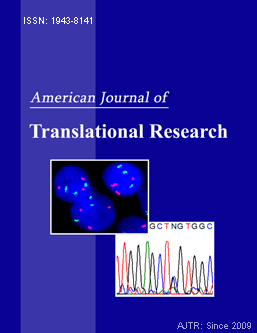
After years of back and forth, a highly cited paper that appeared to show that gay people who live in areas where people were highly prejudiced against them had a significantly shorter life expectancy has been retracted.
The paper, “Structural stigma and all-cause mortality in sexual minority populations,” was published in 2014 by Mark Hatzenbuehler of Columbia University and colleagues. As we reported last year, Mark Regnerus, of the University of Texas at Austin, published a paper describing his failed attempts to replicate the study in 2016: Continue reading Study claiming hate cuts 12 years off gay lives retracted
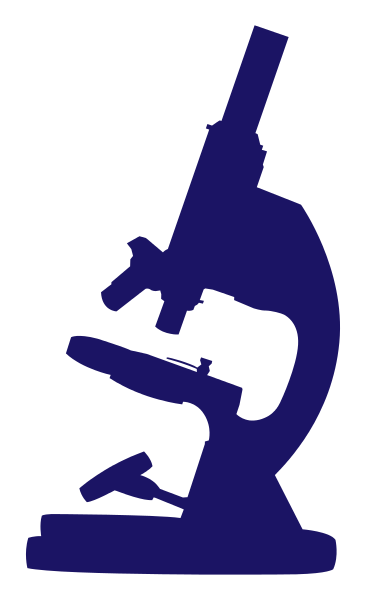
 Before we present this week’s Weekend Reads, a question: Do you enjoy our weekly roundup? If so, we could really use your help. Would you consider a
Before we present this week’s Weekend Reads, a question: Do you enjoy our weekly roundup? If so, we could really use your help. Would you consider a 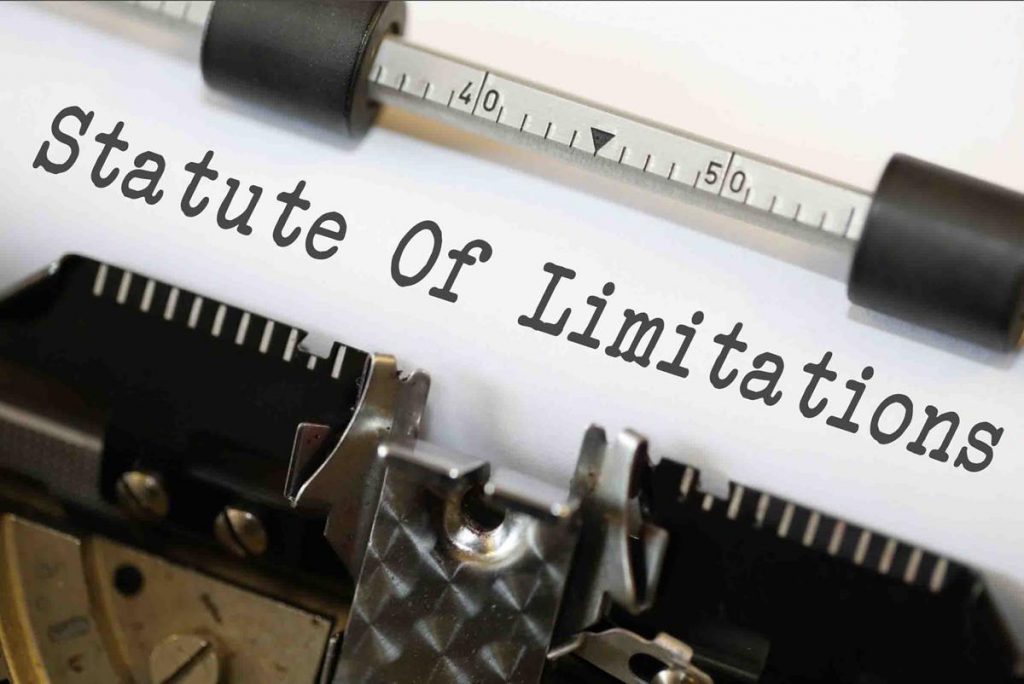
 Imagine you’re a journal editor. A group of authors sends you a request to retract one of their papers, saying that “during figure assembly certain images were inappropriately processed.”
Imagine you’re a journal editor. A group of authors sends you a request to retract one of their papers, saying that “during figure assembly certain images were inappropriately processed.”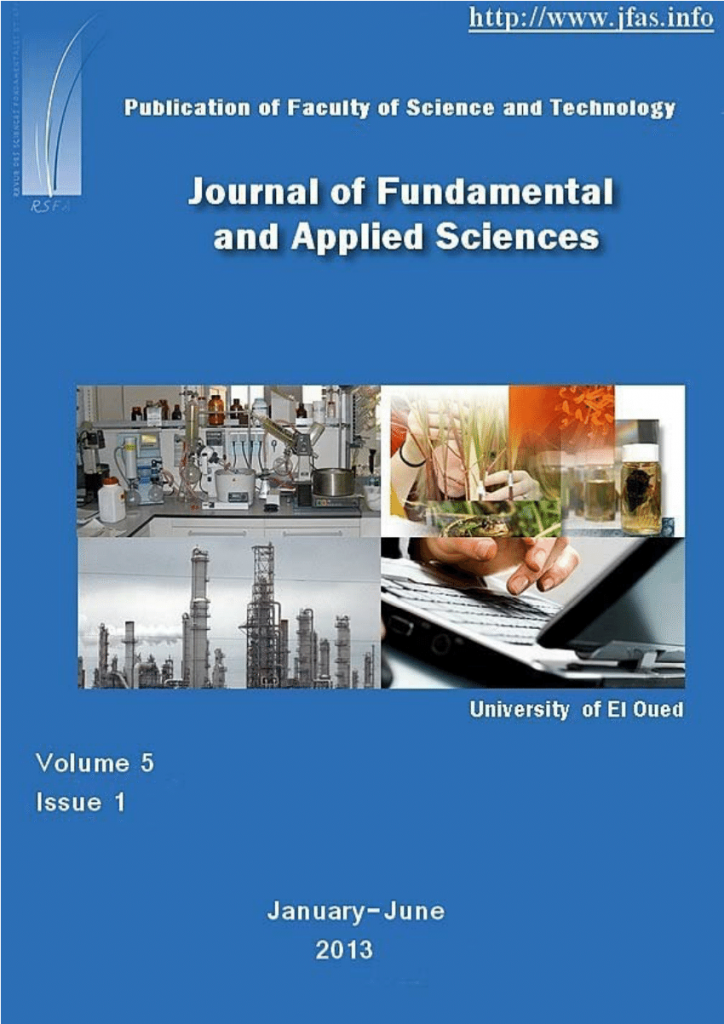 Ladies and gentlemen, we appear to have a new record.
Ladies and gentlemen, we appear to have a new record.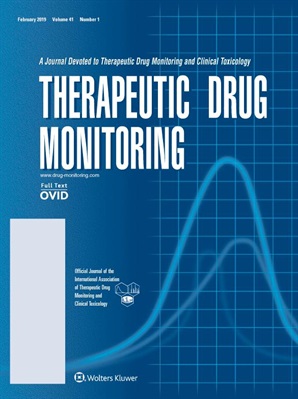 A journal has retracted a paper on a drug for a blood disorder 20 years after it was published — and 17 years after an author of the article was told to request the move by his university.
A journal has retracted a paper on a drug for a blood disorder 20 years after it was published — and 17 years after an author of the article was told to request the move by his university.